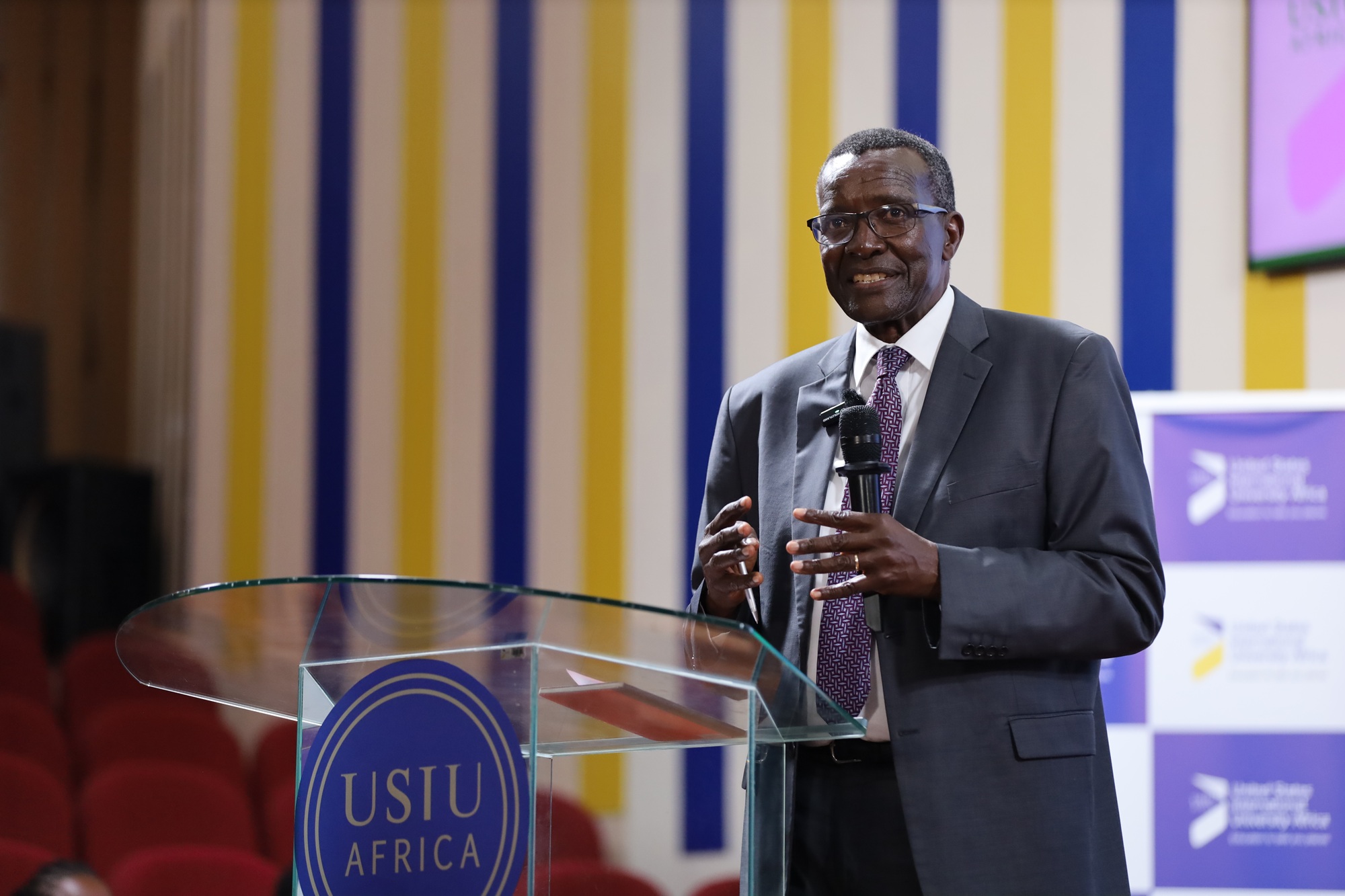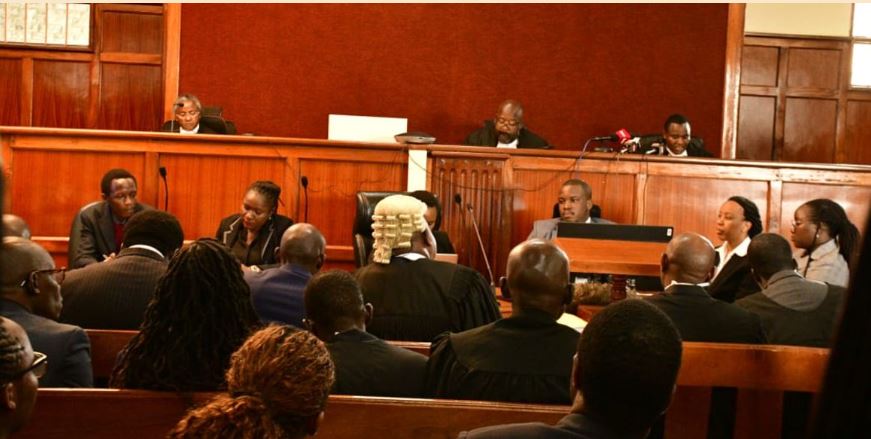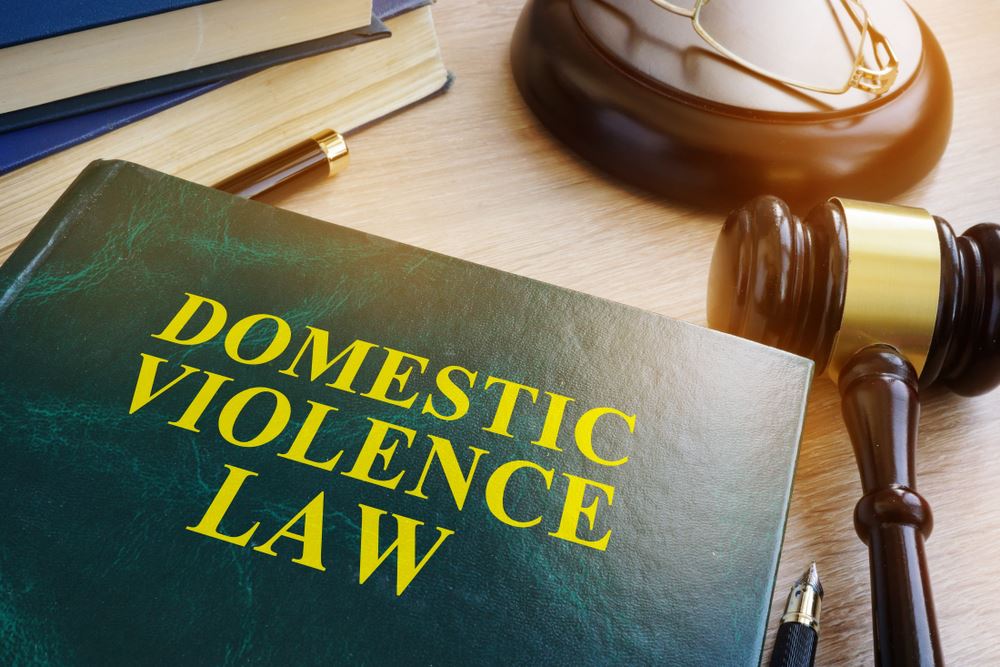The courage to break the mould: Integrity, leadership and law; an address to USIU university during its 2025 legal elevate
by admin on | 2025-11-03 16:02:12 Last Updated by admin on 2025-11-05 01:40:05
Share: Facebook | Twitter | Whatsapp | Linkedin Visits: 17

Dr Victor Boiyo, Deputy Vice Chancellor, United States International University; Dr Joyce Muchemi, Chairperson, SHSS; The USIU community; lecturers present; USIU students; Invited guests, ladies and gentlemen, I’m deeply honored and delighted to be with this morning on… Thank you … for the invitation to speak at the USIU 2025 Legal Elevate Summit.
- Justice Dikgang Moseneke, the former Deputy Chief Justice of the Constitutional Court of South Africa popularised a simple but very fundamental phrase: “Clarity of purpose”.
-
Today, I want to speak to you about
why this phrase matters so much to me
and why it should matter also to you in
everything you set out to do or whoever
you wish to become. It ties well with the
subject of my address today: “Courage
to break the mould: integrity, leadership
and the law”.
- And so, I start by asking, how often do you pose to think what is my purpose in this life; what is the purpose of the professional career I plan to have; what is my purpose in my family, in my community, at my place of work, and in my leadership role. Fundamentally, what is my purpose to the nation.
- Clarity of purpose at any stage and at every stage, is what determines whether we are successful as students, as professionals and as leaders. It is what grounds us and makes us to be consistent regardless of the difficulties, barriers, hurdles, or risks we face along the way.
- But today, I want to speak to you more specifically about clarity of purpose and leadership. I want to explain why, having clarity of purpose was so consequential to my tenure as Chief Justice. I want to explain why clarity of purpose was important in making the decision to run for president in 2027
- But let me begin by reflecting on Law the two fundamental words that are intended to orient my speech: integrity and law.
- Integrity is a word that has now been popularised by Chapter 6 of our Constitution. Instructively, Chapter 6 speaks of integrity in leadership. To begin, at its core, integrity is a very simple concept – that is – “the quality of being honest and having strong moral principles.” In law, integrity connotes “moral soundness, rectitude and steady adherence to ethical standards.” It is “soundness of moral principle and character, as shown by one person dealing with others” or in execution of ones’ duties.
- Integrity is about fidelity and honesty – though, it is broader than honesty. Broader, because it is also about accountability to one’s conscience – which means that one will do the right thing regardless of whether they are being watched or expect that their actions will be reviewed. It is therefore about “probity”, “honesty” and “uprightness”. In other words, integrity is absolute honesty.
- Our Constitution recognises the complexity of what integrity means – but appreciates that at core, it is about uprightness. That is why Article 73(2) insists on “personal integrity” not just professional integrity with Article 75 emphasising that integrity must be demonstrated in “public and official life, in private life, or in association with other persons”. It can’t be better expressed.




